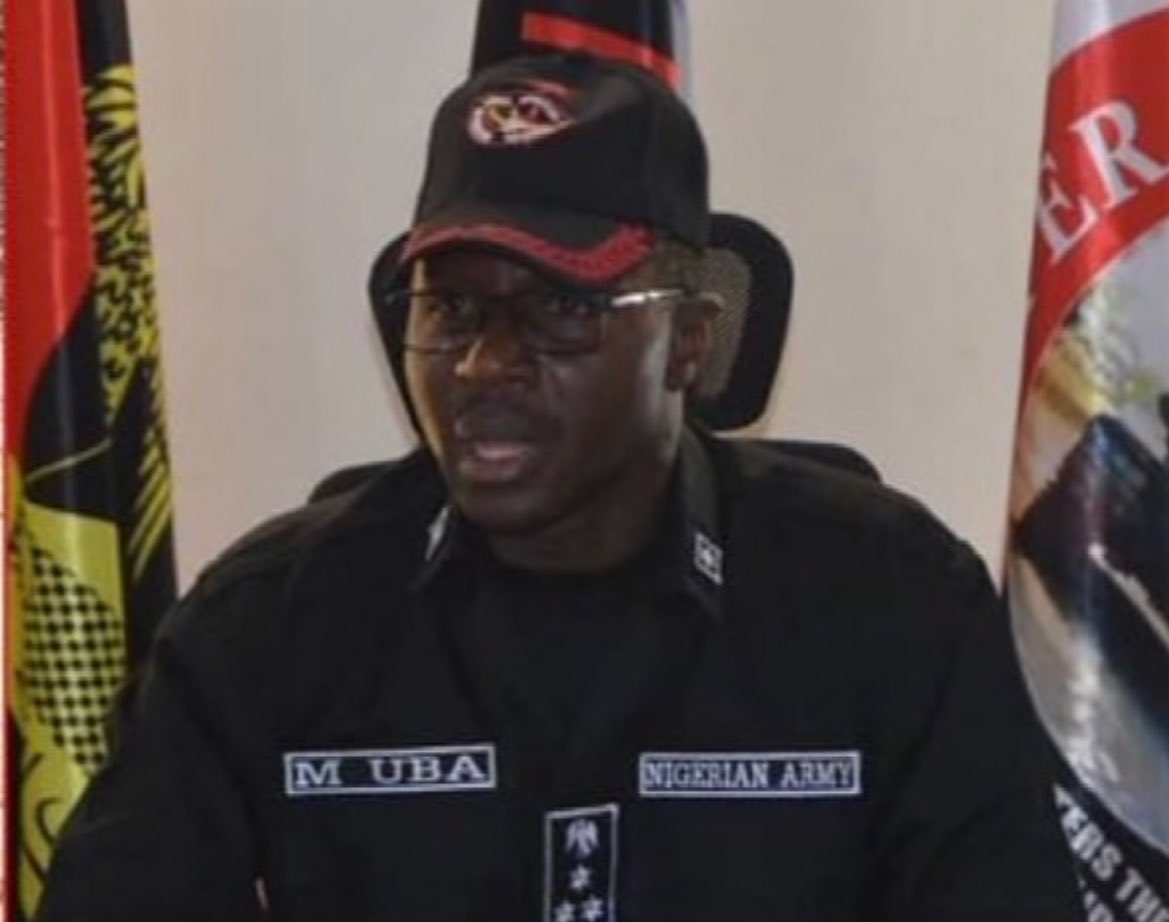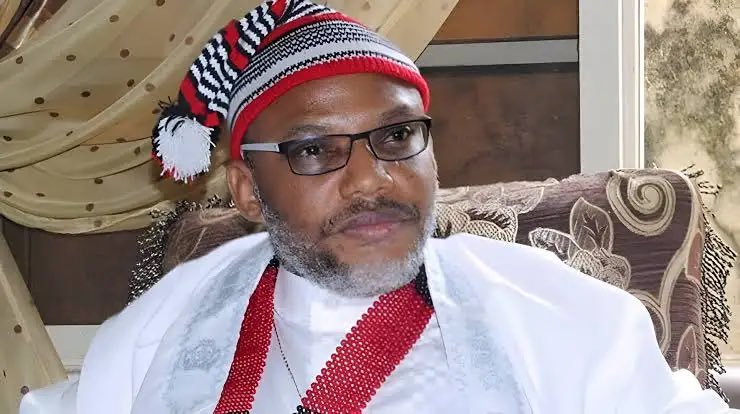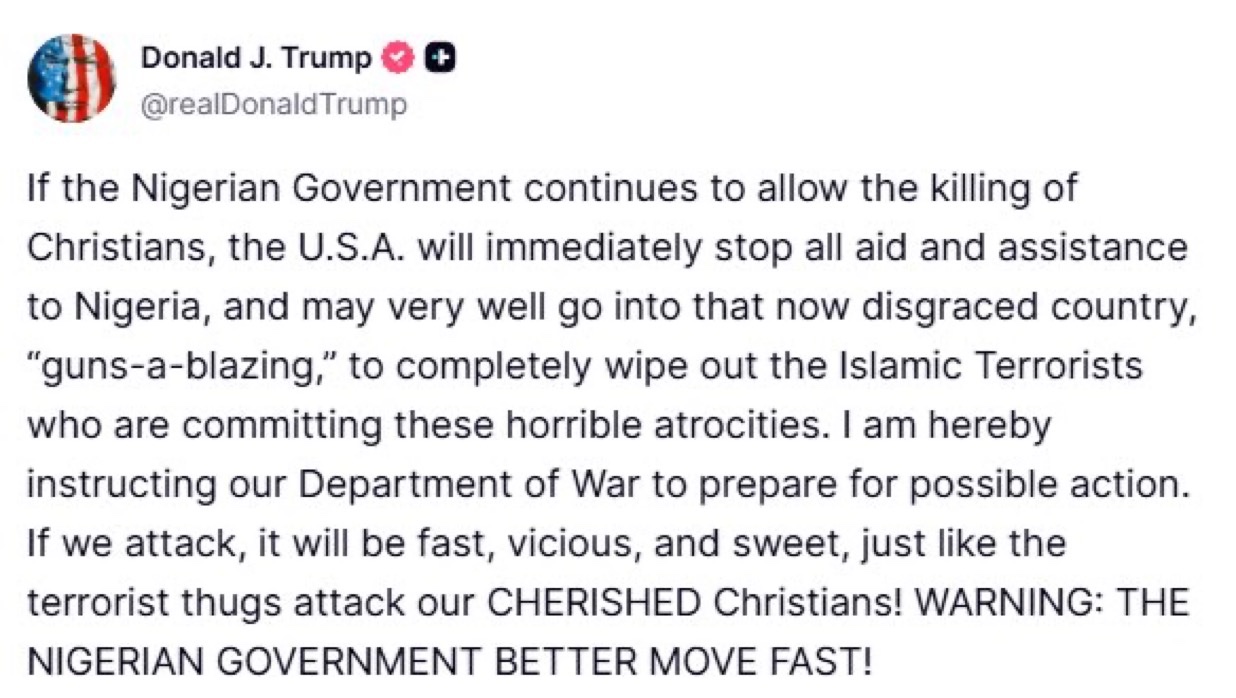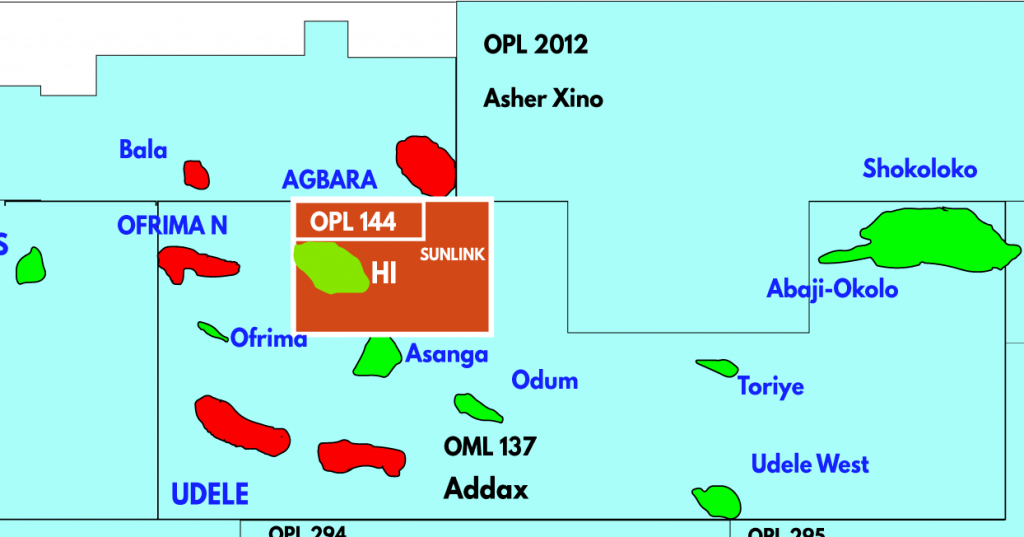Tinubu support for Dangote’s plan to reshape downstream sector
Published on 2025 June 19, Thursday Back to articles
President Bola Tinubu (L) and Aliko Dangote (R) at the latter’s new refinery
Nigeria’s downstream sector is about to see the full impact of the Dangote Refinery in a way that will likely reshape how business is done. Aliko Dangote — Africa’s richest person and the owner of the Dangote Refinery — first hinted of the planned ‘shake down’ of the sector during Tinubu’s 10 March visit to the refinery. It was the first time that the president had visited since it was commissioned by former President Muhammadu Buhari a few days before he left office in 2023.
Tinubu boycotted the commissioning even though it took place in Lagos and happened after he was already elected as president. He was said to be angry with Dangote who reportedly backed former Vice President Atiku Abubakar in the May 2023 elections. Unsurprisingly, soon after he was sworn in as president, the Economic and Financial Crimes Commission (EFCC) raided the Dangote Group’s head office claiming to be investigating alleged misuse of foreign exchange allocated to the group by the Central Bank of Nigeria’s (CBN) sacked governor, Godwin Emefiele.
It was the first time that any security agency had harassed the country’s most significant businessman and many suspected it was due to his strained relationship with Tinubu. The Nigerian National Petroleum Company Limited (NNPCL) also cancelled an already agreed deal for it to pay for a minority stake in the Dangote Refinery after Tinubu became president. That deal would have resulted in the NNPCL supplying Dangote Refinery with an average of 300,000 b/d of crude to pay off the US$1 billion investment to gain an additional 13% stake in the refinery after previously paying US$1 billion in cash for a 7% stake.
The cancellation of the NNPCL deal left Dangote scrambling to obtain enough crude to run the refinery after it started operations in early 2024. The government had to intervene in October 2024 to arrange a new crude oil supply deal with the NNPCL after it became clear that Nigeria needs Dangote’s refined products just as much as Dangote needs Nigerian crude. The realisation came, despite the deregulation of the petroleum sector, when there were still signs of strain on supply which only Dangote was able to close. This forced the government to enter another crude supply deal with Dangote which has helped his refinery stabilise domestic prices which are still about 40% lower than Nigeria’s neighbours.
With crude supply largely secured, Dangote entered an agreement with a major player in the downstream, MRS Oil Nigeria Ltd, to directly sell its refined products at its retail stations. Dangote is set to expand this agreement and take it even further. He has imported at least 4,000 compressed natural gas-powered petrol tankers to distribute its refined products. This poses a significant business risk for independent marketers who dominate petrol supplies outside Lagos and Abuja.
In the 13 june statement, Dangote said it will start transporting petrol and diesel free to retail stations, companies and other business users starting from 15 August. It will also offer credit facilities to those who are buying a minimum of 500,000 litres by offering them an additional 500,000 litres on credit.
Dangote entry into the downstream distribution sector is not going to affect its major companies such as TotalEnergies, Mobil, Ardova PLC (formerly Forte Oil PLC), and the NNPCL. Those who are likely to be hit are the small players. On 16 June the Petroleum Products Retail Outlets Owners Association of Nigeria (PETROAN) warned that the Dangote initiative is a disguised bid to become a monopoly and will lead to job losses. PETROAN said that it is part of Dangote plan to ‘dominate the downstream sector and leverage its market power to fix prices, limit competition and exploit consumers much like it has done in other sectors.’
The new move is one of the reasons several downstream players were apprehensive when the Dangote Refinery started operations. There was the fear that he will always seek to become the leading player because he does not do business in any sector in which he is not dominant. It is less in order to be identified as the biggest player in the sector but instead the capacity to control prices in the sector. The concern is that this is what Dangote is seeking to achieve with his latest move.
Once his trucks take over the supply chain to many of the retail stations, he will soon be able to dictate market prices for refined products, which is something that is already largely happening. Now reconciled with Tinubu, the perception is that Dangote has the green light to dominate the downstream sector with little or no challenge from other players. In his statement Dangote said that the retail distribution plan is in line with Tinubu’s ‘Renewed Hope’ agenda, which indicates that it has been sold to the president as part of efforts to support economic growth. He has obtained Tinubu’s backing for a move that will help increase his dominance of the downstream sector.
This excerpt is taken from Nigeria Focus, our monthly intelligence report on Nigeria. Click here to receive a free sample copy.The June 2025 issue of Nigeria Focus also includes the following:
Spotlight
- Unresolved disputes threaten Tinubu’s Lagos State political base
- Implications
Politics
- PDP’s elusive recovery as defections accelerate
- Northeast APC’s weak bid to save Shettima’s job
Economy
- Naira strengthens but outlook depends on oil price
Oil & Gas
- Tinubu support for Dangote plan to reshape the downstream sector
- Tinubu’s new incentives could cut oil production costs
- US$5 billion Saudi facility deal remains in the balance
- Is the NNPCL becoming more transparent?
Security
- Al-Qaida is getting too close for comfort?
- Major security failing in Benue State



